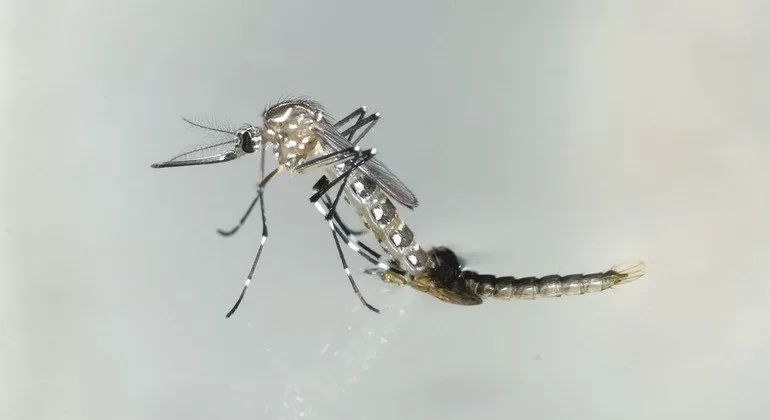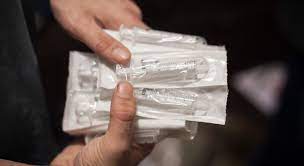Peru is grappling with a deadly surge in dengue cases, with fatalities soaring to over three times the number recorded last year, prompting urgent action from the government to combat the epidemic, particularly in impoverished areas bearing the brunt of the crisis.
According to data released by Peru’s government, the death toll from mosquito-borne dengue disease has skyrocketed, with 117 confirmed deaths reported so far this year compared to just 33 during the same period in 2023. Suspected cases have also surged, surpassing 135,000, underscoring the magnitude of the public health emergency.
President Dina Boluarte’s administration has swiftly responded by approving an “emergency decree,” authorizing extraordinary economic measures to bolster the country’s efforts to contain the outbreak. The move comes as health officials intensify fumigation efforts in impoverished neighborhoods, including Lima, the capital city, where mosquitoes have been found breeding even in cemeteries, posing a heightened risk to residents.
Dengue, transmitted primarily by the Aedes aegypti mosquito, presents with mild symptoms such as nausea, rashes, and body pains. However, in its severe form, which is more dangerous for infants and pregnant women, the disease can lead to internal bleeding and even death.
The alarming spike in cases has raised concerns among experts, who attribute the surge to a combination of factors, including climate change. Augusto Tarazona, an epidemiologist from the University of Lima, emphasized the mosquito’s adaptation to climate change, enabling it to proliferate rapidly and expand its reach to areas previously unaffected by dengue.
“The mosquito has been adapting to climate change and is reproducing at a faster rate than in previous years,” Tarazona explained, highlighting the urgency of addressing environmental factors driving the epidemic.
Peru’s infection and mortality rates, adjusted for population size, exceed those of neighboring countries like Brazil and Argentina, underscoring the severity of the situation in Latin America. Tarazona warned that the region is facing a critical juncture in combating the disease, calling for concerted efforts to mitigate its spread and impact on vulnerable communities.
As Peru grapples with the escalating dengue crisis, health authorities are ramping up surveillance and control measures while urging the public to take precautions to prevent mosquito breeding sites and protect themselves from bites.
The government’s emergency decree signals a proactive response to the escalating threat posed by dengue, underscoring the need for collaborative efforts to stem the tide of the epidemic and safeguard public health across the nation.
[Source: Data from Peru’s Health Ministry and statements from University of Lima epidemiologist Augusto Tarazona]












